In the precious archive of Vietnam scholar, diplomat , journalist, researcher and author of many articles about Ho Chi Minh Evgheni Glazunov during his lifetime, there is a special letter written in Russian by journalist Nguyen Ai Quoc himself.
Mr. Glazunov gave a copy of this letter to translator Nguyen Quoc Hung, Vice President of the Union of Vietnamese Organizations in the Russian Federation, with the message: "You should let many people know about this letter from Ho Chi Minh , to see how much Uncle Ho cared and learned about the Soviet Union."
The letter that Mr. Glazunov mentioned is called “ Letter to Comrade X,” written on February 25, 1930, signed by Nguyen Ai Quoc and first published in Russian in the Communist Magazine in May 1980.
The letter was first published in Russian in the magazine "The Communist" in May 1980 with a translation by Nguyen Quoc Hung. (Photo: Tam Hang/VNA)
In the letter, Uncle Ho wrote: “Dear comrades, the Vietnamese people, especially the workers, want to know about Russia the most. But revolutionary books and newspapers are strictly banned by the harsh laws of French imperialism. Moreover, the majority of Vietnamese workers and peasants are illiterate. Those who have little education do not know any language other than Vietnamese. Our task is to explain to them what the Fatherland of the proletariat is like. To do this, I intend to write a book, of course in Vietnamese, in the form of 'Travel Memories.' I hope it will be lively, attractive, easy to read and have many stories” (Translated by Nguyen Quoc Hung).
The letter also included a detailed outline of the content to be learned about the Soviet Union: the situation before the revolution, during the revolution and at present. Uncle Ho was interested in all aspects of the Soviet country, from government organization, people's lives, social issues, economic activities, policies... In particular, Uncle Ho emphasized the data needed for comparison.
According to Mr. Nguyen Quoc Hung, the letter not only shows Uncle Ho's deep concern for the Soviet Union, but is also a valuable document about the professional, scientific, and responsible journalism style of a revolutionary journalist.
Journalist Nguyen Ai Quoc always focused on collecting documents, researching, analyzing carefully and choosing a form of expression appropriate to the readership.
From the idea in the letter, Uncle Ho composed the famous book "Shipwreck Diary," about three workers from three continents: Pon (Europe), Zo (Africa) and Dau (Vietnam).
After surviving a shipwreck, they drifted to an island and were rescued and brought to the Soviet Union. Here, they were warmly welcomed, visited, studied, rested and felt the international spirit of a just and fraternal society. After that, all three returned to their homeland, bringing with them beautiful memories of the Soviet Union.
Translator Nguyen Quoc Hung, Vice President of the Union of Vietnamese Organizations in the Russian Federation, with pages from the magazine "The Communist". (Photo: Tam Hang/VNA)
“Shipwreck Diary” talked about the Soviet Union in a simple way, but was extremely attractive and easy to understand for the majority of Vietnamese readers at that time - people who had just learned to read and write.
The Communist Magazine commented that the book, although written simply, was attractive and easy to understand for the majority of Vietnamese readers at that time - those who had just learned to read and write, "became a favorite book in Vietnam, inspiring the Vietnamese people in the fight for national and social liberation, calling for progress on the path of the October Revolution, the path of the great Lenin" (preface of the Communist Magazine).
He chose the most appropriate way to deliver information to the target audience, a form of propaganda that was easy to remember and spread. He gathered diverse and authentic information, chose the most appropriate and attractive way to present the information, and that is why the information was highly effective.
Ms. Sveta (Vietnamese name is Hang), daughter of Mr. Evgheni Glazunov, currently a lecturer and Vietnamese translator in Russia, said that her father always considered documents related to Ho Chi Minh as priceless relics, carefully preserved in his private library.
Ms. Sveta Glazunova and mementos of her father, Mr. Evgheni Glazunov, who is known as "a Russian with a Vietnamese heart". (Photo: Tam Hang/VNA)
For her, old documents and old articles of her father are useful sources of information to understand the history of Vietnam.
During his lifetime, Uncle Ho wrote in many languages: Vietnamese, English, French, Russian, Chinese... Therefore, from a professional perspective, Ms. Sveta believes that through the writing style and grammar, it is very likely that "Letter to Comrade X" was written by Uncle Ho himself in Russian and not a translation from Vietnamese.
Neat writing style, precise grammar, and straightforward expression - show his sharp linguistic and thinking abilities.
Ms. Sveta was also impressed when Uncle Ho mentioned the issue of printing and publishing books - demonstrating strategic vision and deep understanding of communication and journalism work.
The letter was written nearly 100 years ago but has not lost its practical lessons for many generations of Vietnamese journalists today.
Respect for reality, research and creativity, identifying the target audience of information, finding ways to deliver information that is appropriate yet attractive, and above all, responsibility to the pen, love for compatriots and the mission for the benefit of the people are the things that journalist Nguyen Ai Quoc taught all his life:
“Every time I write an article, I ask myself: Who am I writing for? What is the purpose of writing it? How can I write it so that it is easy for the general public to understand, concise and easy to read? When I finish writing, I ask my colleagues to review and edit it for me” (Speech at the Third Congress of the Vietnam Journalists Association, September 8, 1962)./.
(TTXVN/Vietnam+)
Source: https://www.vietnamplus.vn/100-nam-bao-chi-cach-mang-viet-nam-bai-hoc-vang-cua-nha-bao-nguyen-ai-quoc-post1044529.vnp


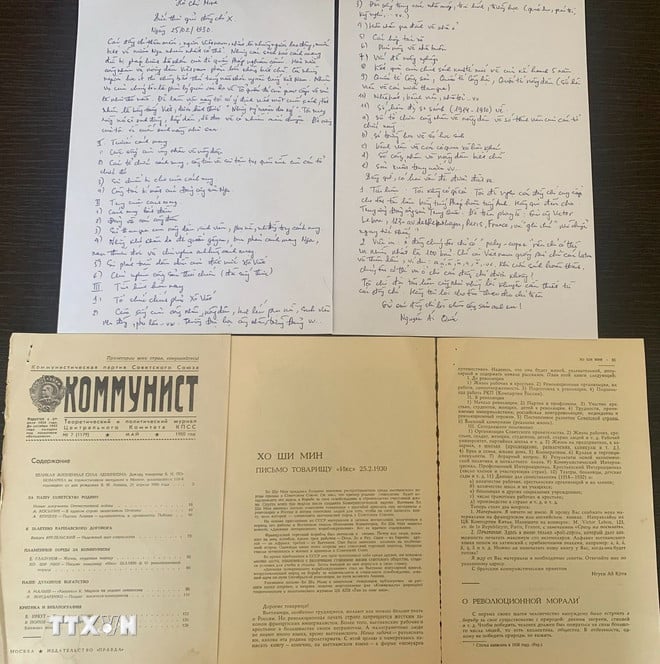
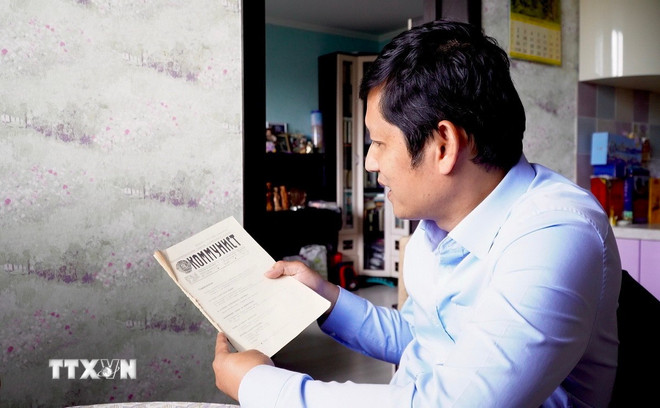
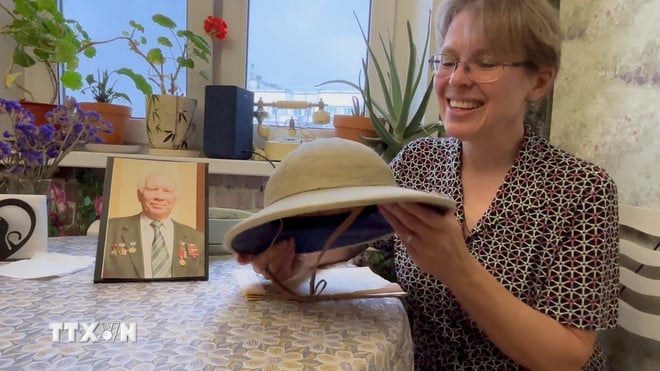

















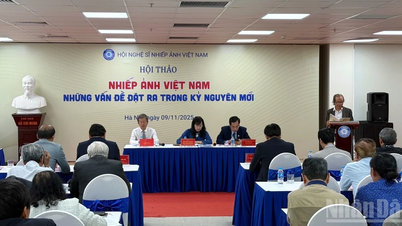

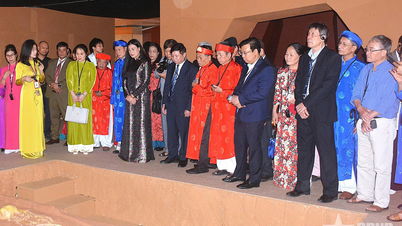








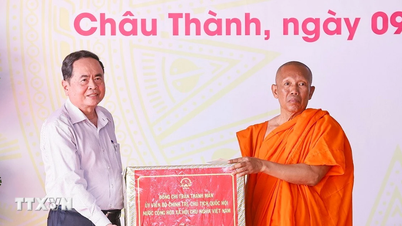


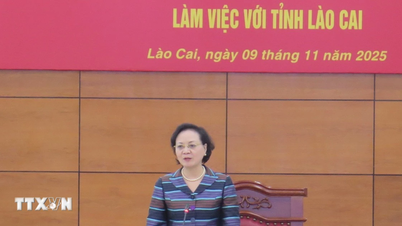
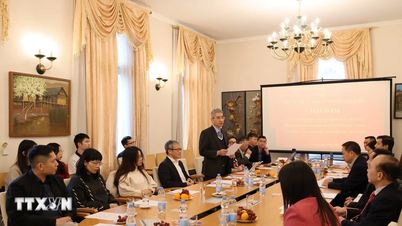




































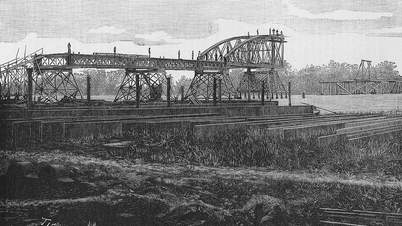
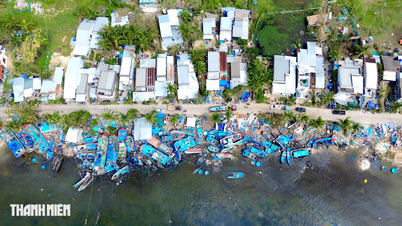
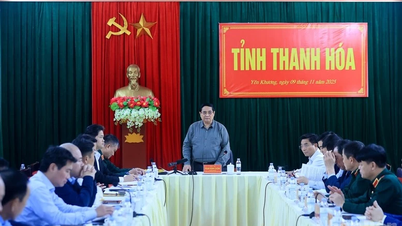








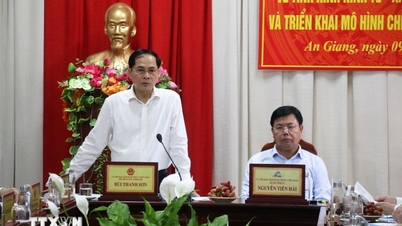



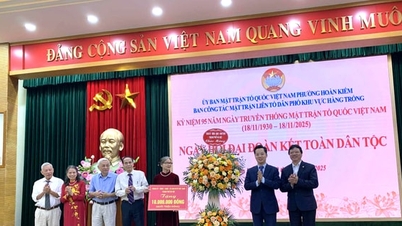



















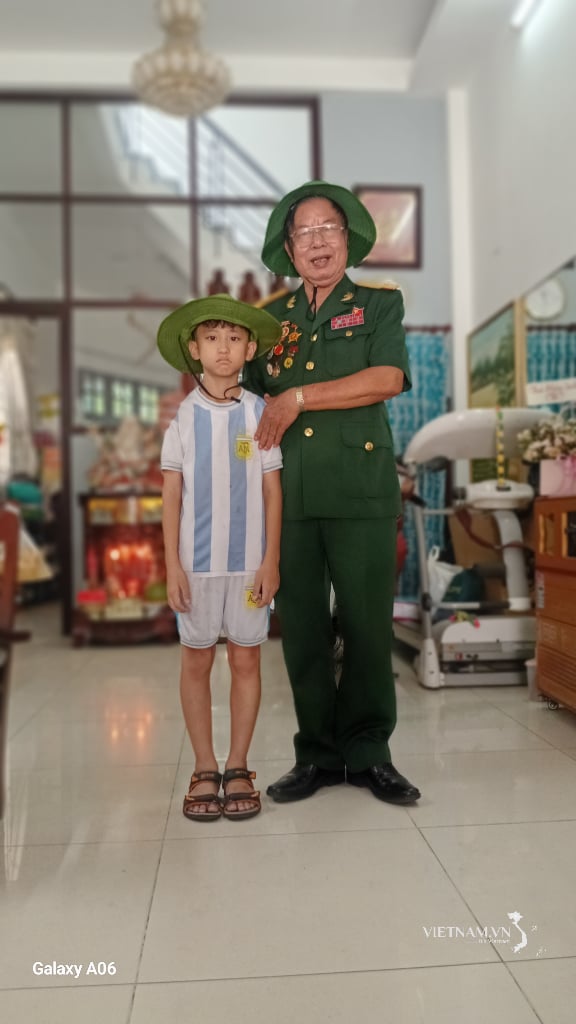


Comment (0)